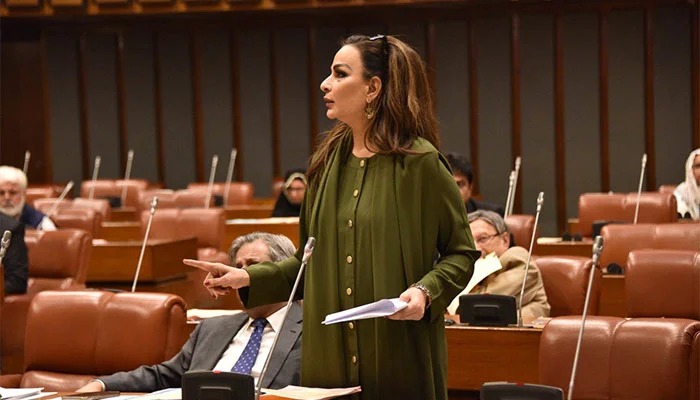Nikah registrar barred from officiating marriages under 18, with violators facing jail and fines under new enforcement rules

By our correspondent
ISLAMABAD: In a landmark move aimed at protecting children’s rights and upholding human dignity, the Senate of Pakistan has passed legislation outlawing child marriage within the Islamabad Capital Territory. The bill, introduced by Senator Sherry Rehman, marks a decisive legislative step in aligning Pakistan’s domestic law with international child protection standards, despite vocal opposition from conservative quarters.
Under the new law, any individual under the age of 18 is legally defined as a child, and marriage involving a minor is now a punishable offence. The legislation imposes a clear duty on Nikah registrars to verify the ages of both parties using NADRA-issued identity documents. Any registrar found officiating such a marriage will face up to one year in prison and a fine of Rs100,000.
The law goes further to hold adult men accountable for marrying minors. If a man over the age of 18 weds a girl underage, he could be sentenced to up to three years of hard labour. In even more severe cases, where a child is forced into marriage, perpetrators may face up to seven years in prison and fines reaching Rs1 million.
Crucially, the legislation also criminalizes trafficking for the purpose of child marriage and makes facilitators—including parents and guardians—liable to prosecution, with penalties including imprisonment of up to three years. In an effort to expedite justice and prevent procedural delays, the law classifies these offences as non-bailable and mandates that trials be concluded within 90 days.
In a country where forced and underage marriages have often been glossed over under the guise of tradition or familial duty, the bill asserts a bold redefinition of state responsibility. The inclusion of whistleblower protection signals a progressive outlook, aiming to encourage reporting while protecting informants who choose to remain anonymous.
However, not all senators welcomed the reform. The Jamiat Ulema-e-Islam (F) party registered its opposition by staging a walkout from the Senate, reflecting the deep societal divides and ideological resistance that still complicate child protection efforts in Pakistan. Despite this, the passage of the bill stands as a legislative assertion that the state can no longer turn a blind eye to child marriage.



